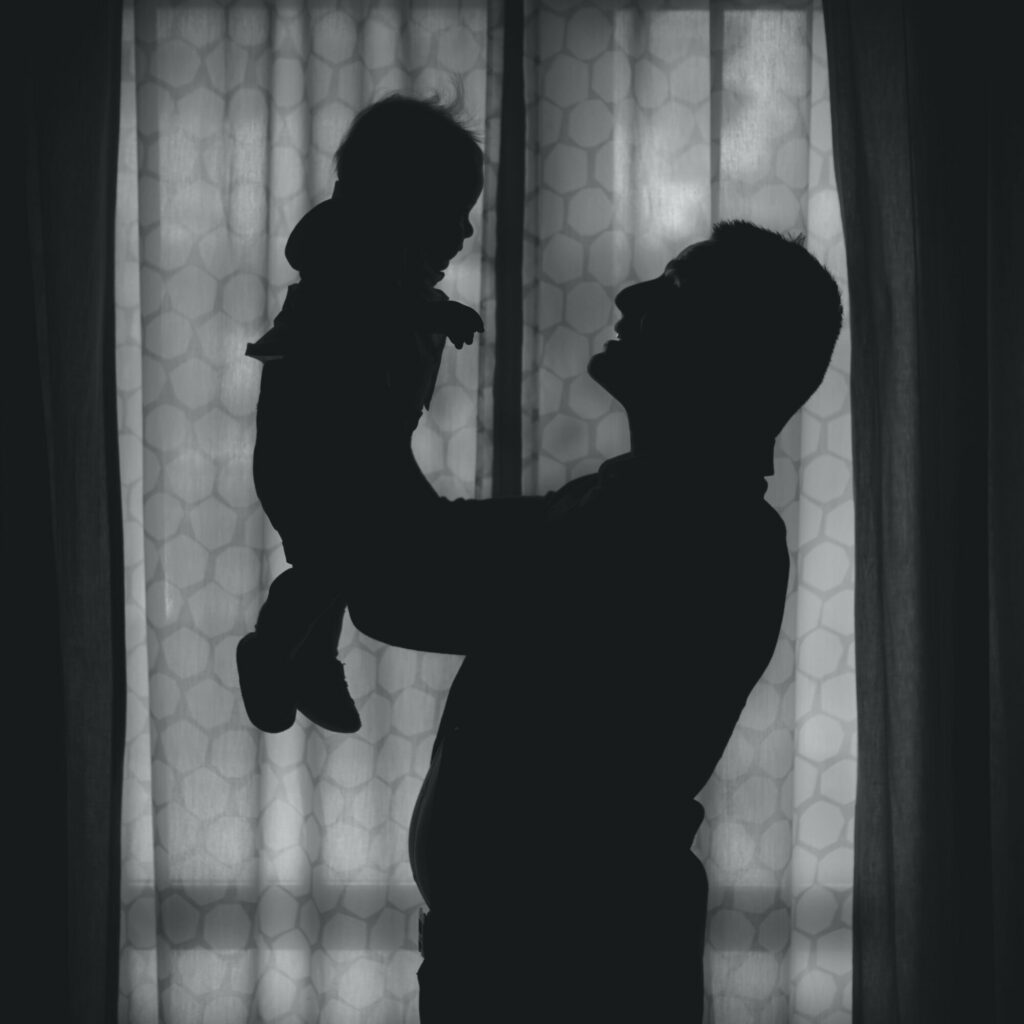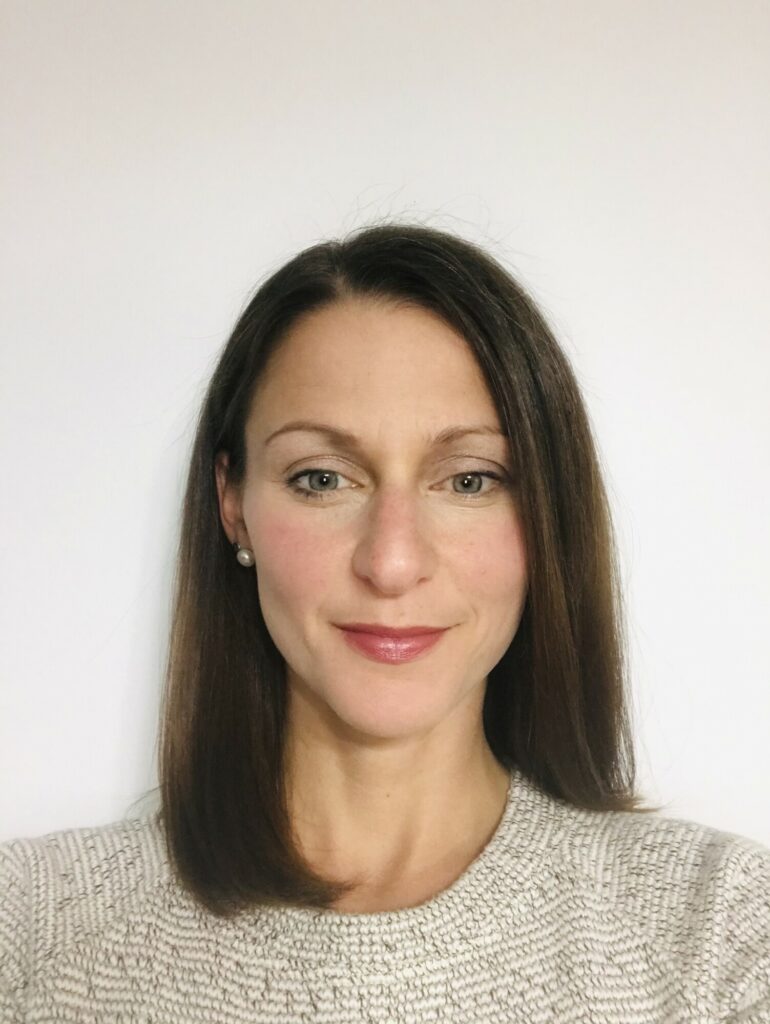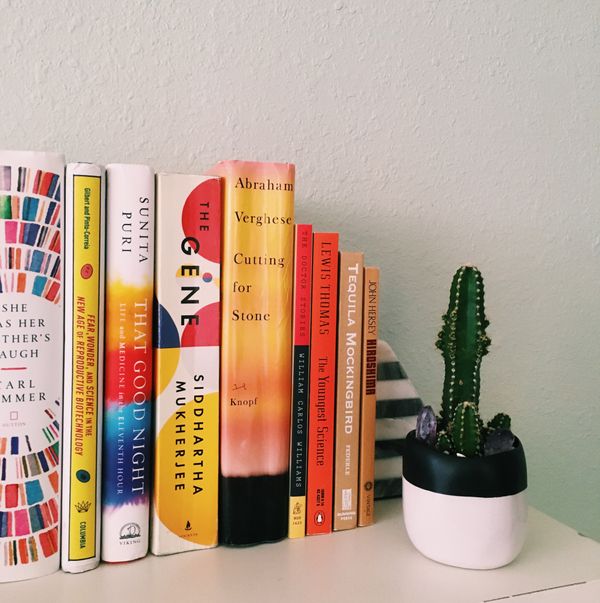Getting to the Heart of the Patient-Provider Interaction: A Novel Theoretical Framework

The complexity of the patient-provider interaction (PPI), and its effect on healing, is a much-debated topic. In this innovative article, the authors present a new approach to caring: The Compassionate H.E.A.R.T. Model of PPI. Based on an exhaustive review of the current literature, the model seeks to support a “more thorough view of the dyadic PPI.” By doing so, it offers a new guide for practitioners to help “ease, alleviate and relieve, therapeutically,” each encountered patient’s condition.
The Fight

In this expressive poem, Dr. Diana Early gives an authentic voice to the experiences of parents of children born with Down syndrome. Drawing upon her research into the lives of families, she chronicles “the fight” these parents endure to gain what others take for granted.
Editorial: “The Thicket of Life”
Download the article (pdf) Table of Contents The “thicket of life.” This metaphor resonates deeply with me as I struggle under the weight of unanswered emails, overdue tasks, and demands for my attention from every angle. Searching for a salve to calm the self-judgment around missed deadlines and unmet expectations, I always return to the […]
Gutted

Tiffany Bystra reflects on the peculiar path of her illness journey, which has led to a trail of recovery that feels both disappointing and thrilling. In this powerful and humbling poem, she provides rich insight into how it feels to taste both the sweetness and the tartness of life in the same moment.
The Intouchables Revisited: Shifting Perspectives With our Dynamic Society

We present our first set of paired articles—the previously published The Intouchables–A Reflection on Disability and Caregiving: Who Helps Whom? and a new piece, Intouchables Revisited: Shifting Perspectives With our Dynamic Society, both by Dr. Sarah Caston. The author re-visits her previous article with a fresh perspective.
On her own journey to revisit this piece, Caston invites us into this “space of curiosity,” to question our long-held presumptions, and rethink words like independence, autonomy, and flourishing. She asks us to ponder what it means to “relinquish…our power in order to empower.” We present both her original review and her current commentary together, to observe the process of critical thinking–and re-thinking–and to perhaps prompt us to do so in our own work.
Editorial: “What is Given May Be Gained”

“Attention is the rarest and purest form of generosity.”
Simone Weil (February 3, 1909–August 24, 1943).
Doing Healthcare Research Differently: An Introduction to SocioHealthLab’s Special Video Series, Part 2

The SocioHealthLab “is a research collective of health and social science researchers, practitioners and students from Australia and around the world, striving for healthcare transformation through applied, justice-oriented, theory-driven, creative and collaborative socio-cultural research.” In this final video installment, authors share their creative works that range from a “poetic meditation navigating” life with aphasia to “healthcare related to sex and intimacy in the disability space.”
Resources: Finding Joy and New Perspectives

In this issue’s Resource section, Madison Beasley and Nela Handac provide a thoughtful list of resources curated to spark joy and lead to new perspectives. Offering options from a variety of multimedia sources, these engaging pieces serve as a reminder of the important role of tending to our well-being and fostering joy and creativity.
Humanities Instruction in Physical Therapy Education to Cultivate Empathy, Recognize Implicit Bias, and Enhance Communication: A Case Series

This article strives to encourage the use of humanities within physical therapy education and practice by offering examples of three health humanities-based instructional activities, including two implemented at US universities. “As curricular models in physical therapy education evolve,” the author notes, “the importance of humanities-based instruction to develop empathetic physical therapists should be considered and implemented, as it will not only benefit future patients, but the field of physical therapy as well.”
History of Present Illness

Inspired by reflections on the current Covid-19 pandemic and recalling AMA debates over the “duty to treat” HIV and AIDS patients in the 1980s, Sophie Schott has crafted a poem that challenges us not to repeat history by refusing to treat marginalized patients. “History of Present Illness” questions whether clinicians should be guided by personal preferences or by a higher calling.

